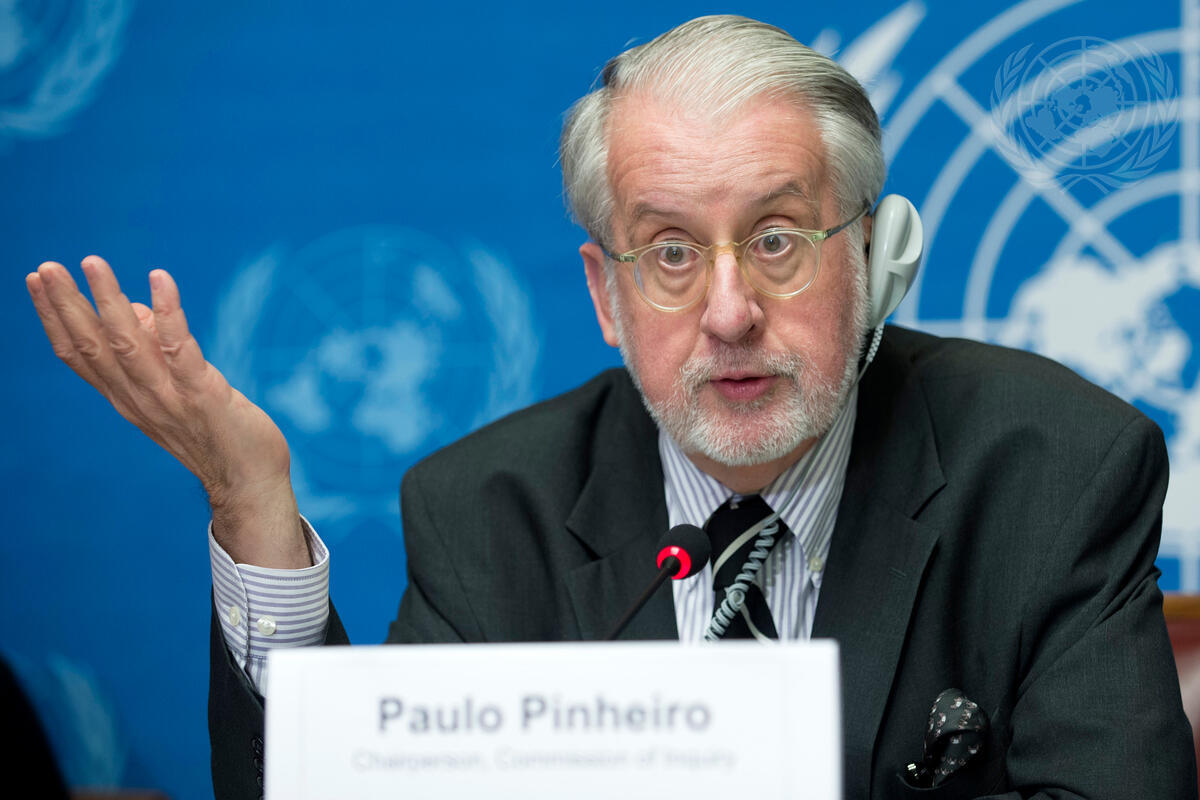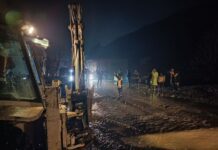
Syria is being pulled into an escalating regional conflict, placing its population at heightened risk, according to Paulo Pinheiro, head of the Independent International Commission of Inquiry on Syria. Addressing the UN General Assembly on Friday, November 1, Pinheiro highlighted the dire situation faced by Syrians both within their homeland and abroad, emphasizing the “deadly threats” they encounter wherever they turn.
Pinheiro painted a grim picture of life for those contemplating a return to Syria. “The flight of Syrians who have a well-founded fear of persecution in their homeland underscores the impossible choices they face,” he stated. “Do they risk their lives with bombs in Lebanon, or do they return to a place where they may also face other deadly threats?” The commission’s findings revealed that many women and children have embarked on dangerous journeys back to Syria alone, driven by documented cases of arbitrary detention, forced conscription, and forced recruitment of men, pushing adult males to either stay behind or seek smugglers’ help.
Pinheiro disclosed that the commission is probing reports of abuses against Syrians returning from Lebanon, where they face harassment and violence at checkpoints controlled by armed actors. These revelations come as international bodies and rights groups, including Human Rights Watch, have previously highlighted the dangers for returnees, such as arbitrary arrest and enforced disappearances.
Despite some positive steps, including the Assad regime’s temporary suspension of a policy requiring returning citizens to exchange $100 at official rates the Assad regime continues to exploit the refugee crisis. While there is some hope in the UNHCR’s potential role in aiding returnees, Pinheiro noted significant barriers to a “safe and voluntary” return persist. Reports of continued torture and the disappearance of detainees by regime forces remain, even after the International Court of Justice (ICJ) ordered preventive measures last November.
The commission’s investigation further revealed that areas under the control of various factions, including the Assad regime, PKK-linked Syrian Democratic Forces (SDF), Hayat Tahrir al-Sham (HTS), and the Turkish-backed Syrian National Army (SNA), continue to pose significant risks due to ongoing violence and attacks in the regions. In recent weeks, an escalation of ground and aerial bombardments by Russian and regime forces in northwestern Syria resulted in at least 120 civilian casualties and displaced hundreds of families.
Pinheiro also expressed alarm over the “uncontrolled destruction and looting” of property belonging to refugees and displaced persons, further entrenching economic and social disparities. He underscored that the normalization of impunity has contributed to a broad disregard for international law. “International silence, resignation, and impunity have normalized the disregard for international law and international court decisions that we see from warring parties,” he said.
The inquiry head called on UN member states to prioritize respect for international laws and cease support for any party involved in committing international war crimes, urging concrete action to protect fundamental rights and uphold dignity amid Syria’s enduring crisis.








